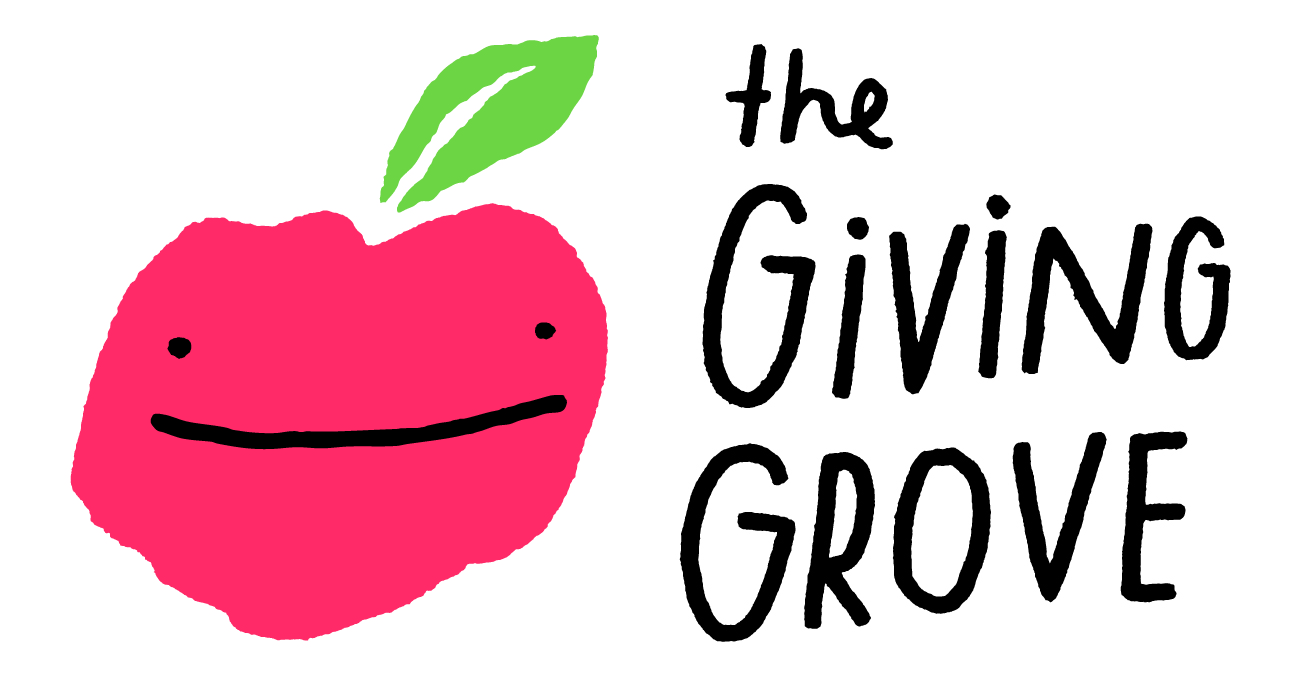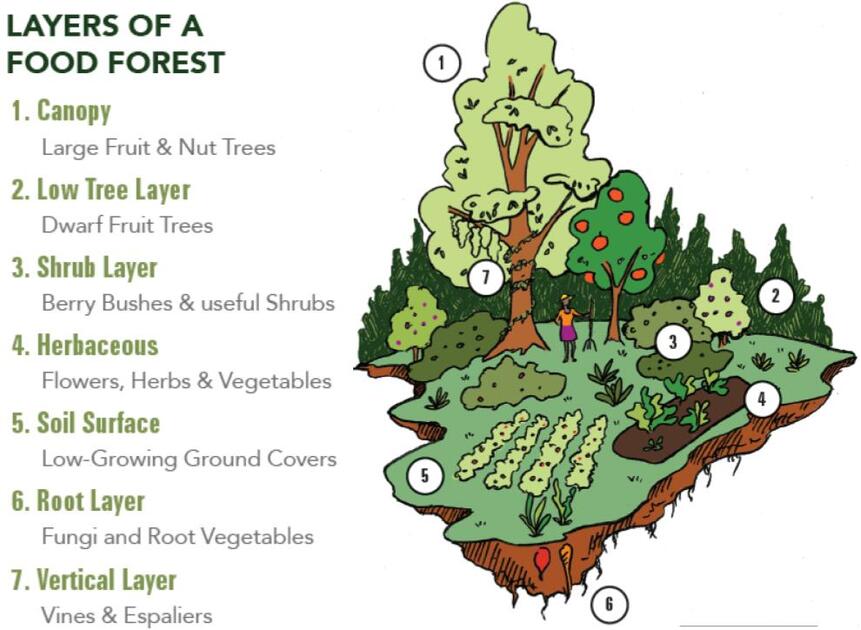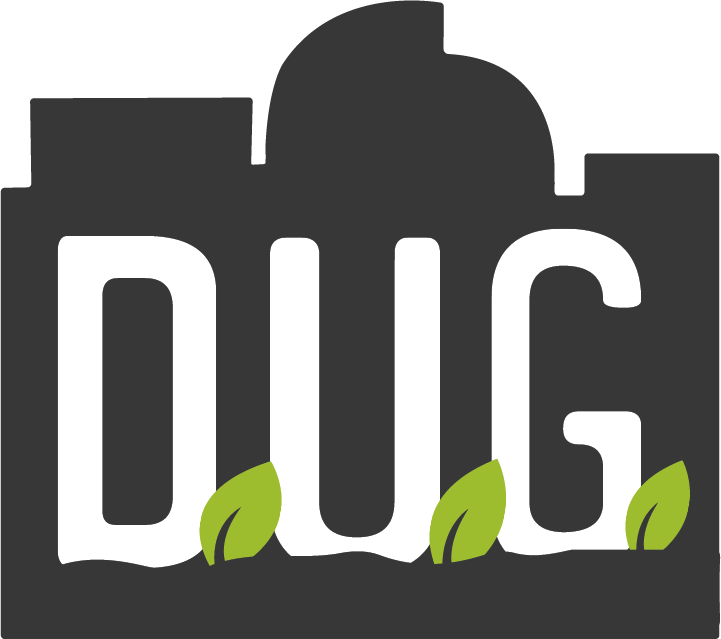
Little Orchards. Big Impact.
The Giving Grove’s mission is to provide healthy calories, strengthen community, and improve the urban environment through a nationwide network of sustainable little orchards.
The Giving Grove began in 2013 as a grassroots effort to make free, fresh fruits, nuts, and berries available to Kansas City neighborhoods with high rates of food insecurity. The program was launched with the understanding that an orchard must be community-led and community-driven. At the neighborhood’s request, The Giving Grove helps provide the trees, supplies, and training necessary to grow a fruitful orchard.
Within a few years, The Giving Grove helped install more than 100 orchards in neighborhoods throughout Kansas City that have faced decades of environmental and health inequities, creating beautiful community spaces that each produce hundreds of pounds of free, fresh produce for the neighborhood.
After finding success with The Giving Grove program in Kansas City, its founders began expanding the program across the nation in 2019. Today, more than 300 of these little orchards, managed and maintained by more than 600 volunteer orchard stewards, are in six cities across the U.S, with dozens of new orchards added each year.
DUG’s partnership with the Giving Grove is the first step in our Food Forest Initiative to bring urban food forests across metro Denver.
In 2022, we installed six orchard sites within existing DUG gardens, including the Barnum Orchard, Living Light of Peace, Nome Park, Cook Park, and DCIS Fairmont.
Benefits of Urban Food Forests:
- Stimulates community vitality through community-based cultivation of fresh fruits, nuts and berries – a natural extension of the tried and true community garden model;
- Conserves resources and helps restore healthy ecosystems by capturing carbon, producing oxygen, enriching soil and diversifying habitats;
- Enhances food access by making free, healthy fruits, nuts & berries available for ALL, especially urban-dwelling kids and adults who might not have access to green spaces or fresh, affordable produce;
- Promotes food sovereignty by giving people the land, resources and knowledge to grow their own;
- Provides widely documented mental health benefits associated with spending time in nature – reduces isolation, anxiety, depression etc.;
- Replace parasitic sod and grasses, ensuring our precious water is used wisely;
- Re-introduces heirloom and native species, helping Denver transition to climate appropriate plants and trees;
- Attracts pollinators with biodiverse and climate-appropriate greens spaces, bolstering all life in the city;
- Reduces the heat island effect by helping to grow the urban canopy;
- Contributes to Denver’s compost system with discarded/past date produce, providing the city with soil enriching inputs.
A Food Forest is a gardening technique or land management system which mirrors and works with woodland ecosystems by incorporating trees, shrubs, perennials and annuals that produce human food. Food Forestry, otherwise known as agroforestry, embodies a perspective and land-stewardship practices inherent to indigenous cultures around the world.
In a food forest, fruit and nut trees make up an upper level while smaller trees, berry shrubs, edible and medicinal perennial herbs and annuals make up lower levels similar to a woodland edge and the ecology of secondary forest succession.

Content & Image Courtesy of Fair Amount Food Forest
Become a DUG Tree Keeper!
DUG is searching for volunteer Tree Keepers for new food forests at DUG sites!
The role doesn’t require any previous experience with taking care of trees; you will be trained in pruning, pest management, and general tree health. In addition to those trainings, DUG will provide pruning tools, an orcharding book, and regular support from staff. The role requires commitment and consistency on-site, 30-60 minutes per week.
Stewards should be able to commit for at least a year, with two unrelated stewards working together per site. Stewards will ideally live in the same neighborhood as the orchard.
Email creighton@dug.



